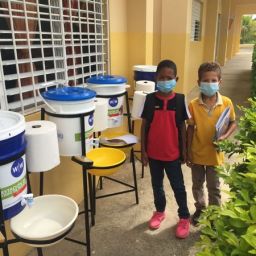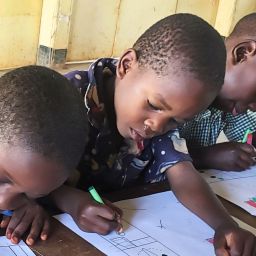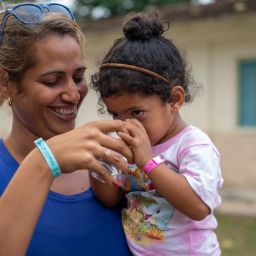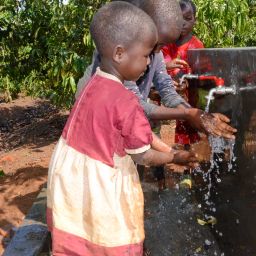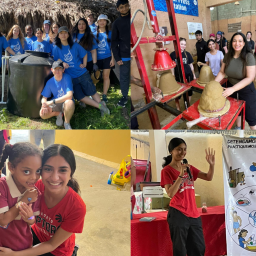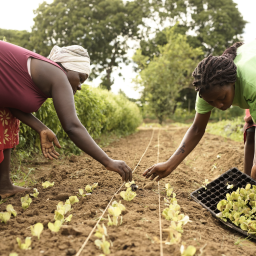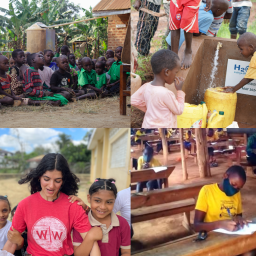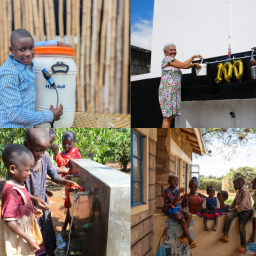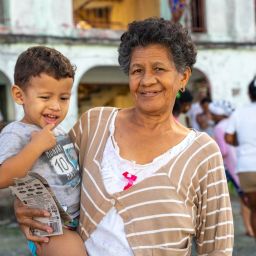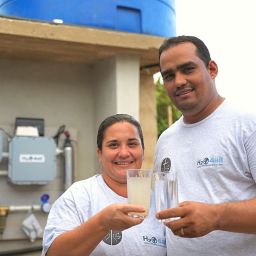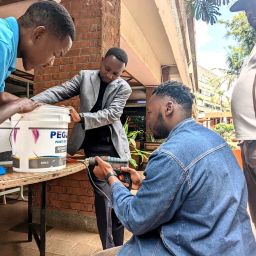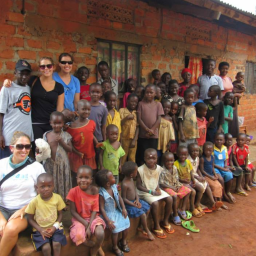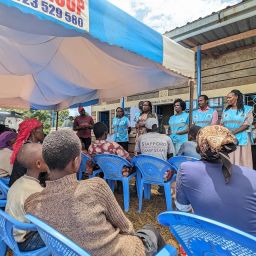Healthy Beginnings, Hopeful Futures
On April 7th, 2025, the United Nations launched their campaign “Healthy beginnings, hopeful futures” for World Health Day. The campaign highlights the hardships faced by new mothers and their children in medical poverty, encourages governments and the medical community to prioritize mothers and children’s health and calls for solutions to the global maternal mortality crisis.
If you’re lucky enough to live somewhere with widespread running water, you might assume that the high risk of maternal mortality is a thing of the past. However, this year alone more than 300,000 women will die due to pregnancy or childbirth, while more than 2 million infants will not make it past their first month of life.
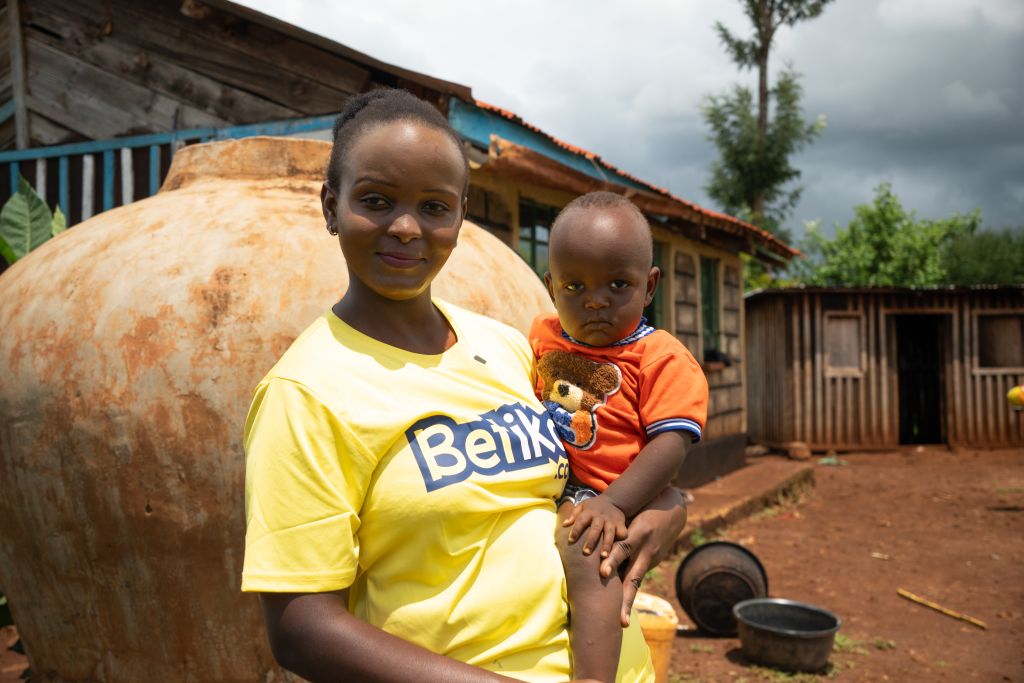
That’s one innocent life gone, one family broken up every seven seconds – and many of these deaths would be preventable with proper medical care and safe water.
For many new mothers, the maternity ward isn’t a safe place to be. Nearly 1 in 4 health centres around the world lack access to basic water services, while nearly one-third lack access to hand hygiene resources. Without clean water and proper sanitation, staff and patients alike face an increased risk of hospital-borne infections. And nobody is more vulnerable than a young child or a mother recovering from childbirth.
H2O4ALL is dedicated to helping families in water-stressed communities create safer homes for their children. When we first joined forces with Kawolo Hospital in Uganda more than a decade ago, our first priority was to ensure that the hospital’s maternity ward had abundant and reliable clean water.
Before 2012, Kawolo Hospital was struggling to care for thousands of patients – including 23,000 new mothers and their children every year – without a safe water system. Patients walked for hours bringing water to be used for their treatment, although the water they brought was often unsafe. This left patients vulnerable to infection, with nearly one in eleven patients suffering from sepsis. In particular, poor conditions in the maternity ward left new mothers and their children at risk. In a country where sixteen women die from childbirth every day, the lack of safe water at Kawolo Hospital posed a massive risk to mothers in the area.
Within a year of the original project, the hospital was able to reduce the rate of sepsis among mothers and infants in the maternity ward to zero. Since then, tens of thousands of mothers have been able to give birth in a safe, clean, and comfortable environment. They’ve been able to check into Kawolo Hospital knowing that they and their babies will receive safe, effective treatment.
In 2025, we aim to continue improving the lives of vulnerable women and children in water-stressed communities. We’re joining forces with Reach One Touch One Ministries to bring safe water to Kawaso Mission Health Centre III in Kawaso, Central Uganda. This project will provide safe water to the health centre’s maternity ward as well as directly benefiting more than 25,000 people who rely on the centre for medical support.
During the dry season, the health centre’s only water source is a borehole over a kilometre away, which the health centre staff share with thousands of community members. Many patients have to bring their own water after waiting in long lines at the borehole. During water shortages, the staff struggle to provide a safe environment for their patients, leaving vulnerable people at risk of infection.
Our mission is to provide the health centre with a safe, reliable, and sustainable water system. With safe water access, we can empower Kawaso Health Centre to serve their community with safe and effective medical care, creating a safe place for thousands of new mothers to give birth each year.


